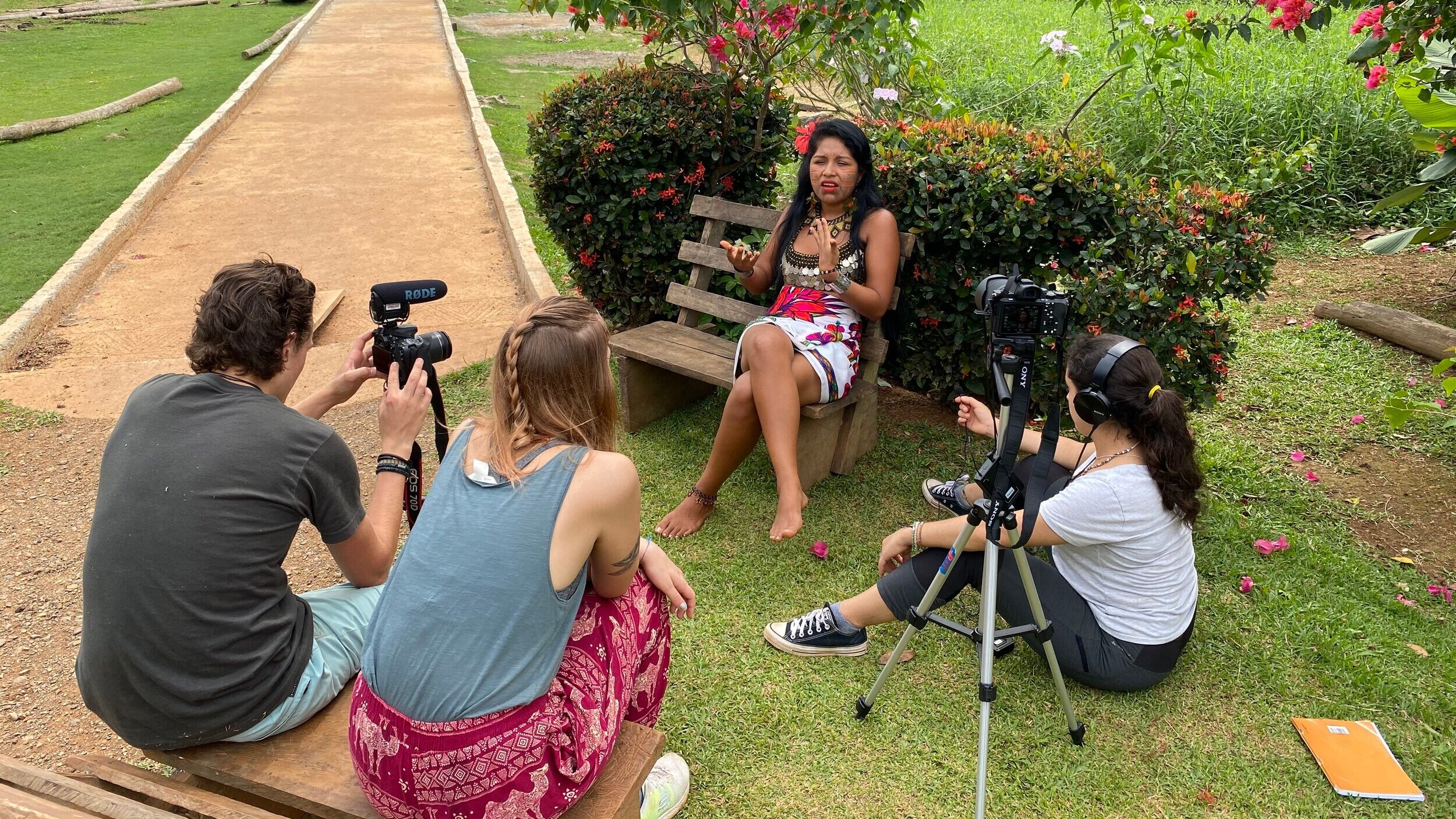Project-based Learning
THINK Global School
The key to TGS’s curriculum is our focus on project-based learning, which has truly revolutionized the way our students learn. Below we share three ways in which project-based learning has positively impacted THINK Global School.
Project-Based Learning Makes Our Travel Experiences Much More Meaningful
Moving to project-based learning at THINK Global School was a no-brainer in that it provided the perfect avenue to both engage students and maximize our time in-country. In each country we visit (there are ten in all), students now participate in projects designed around the social, cultural, economic, and environmental factors that characterize them.
Students at THINK Global School learn about conservation issues in Botswana, water potability in India, and the nuclear debate in Japan by engaging in projects centred around them. We have always practised experiential learning, but doing so in combination with project-based learning feels wholly organic and opens our students up to limitless possibilities in terms of what they learn about in-country and how they approach the learning process.
Project-Based Learning Provides Our Students With the Autonomy They Crave
Providing our students with autonomy was also made possible via project-based learning. One of our primary concerns with a standardized curriculum is that students are passively learning. Lectures and textbooks have a place in the classroom, but they shouldn't be how the majority of learning occurs. We can make our students active learners through project-based learning by providing them with a driving question and letting them decide how they answer it. The results have been breathtaking: since switching over to project-based learning, we've seen a marked increase in engagement, motivation, belonging, academic readiness, and agency, all of which we measure via The Hope Survey.
Project-Based Learning Instills a Strong Sense of Purpose in Students
The third benefit of our switch to project-based learning has been an increase in purpose. As a school, we are uniformly committed to making the world a better place, and we accomplish this in two ways. First, we open our students' eyes to the world and its many complex issues. We hope that through their firsthand experiences, our students gain a sense of what is important to them, whether it be environmental causes, human rights campaigns, or some other avenue where they can create authentic and meaningful change. Second, by having our students engage in projects, they can actively make their home countries and the countries they live in as part of TGS better.
As an example, during our 2020 term in Panama, students chose one of three service-learning projects to work on. The first was in conjunction with local org Vital Voices and gave participants the chance to leverage their e-commerce and marketing skills to help local micro-entrepreneurs with their businesses. In conjunction with Foundation Sembarte, the second allowed students to bring art to marginalized communities through public installations. The third, in conjunction with Avifauna, saw students help rebuild paths around the Rainforest Discovery Center, providing visiting tourists with safer and more accessible walkways to enjoy the area's environmental beauty. In each country we visit, we try to line up similar opportunities for students to leave it in a better state than when they arrived.
Additionally, prior to their graduation, students are required to design and complete a service-learning project that addresses a local need in their home country. These projects allow students to positively impact their hometown alongside the service-learning projects they engage in through their travels. You can learn more about the Changemaker Curriculum here.


